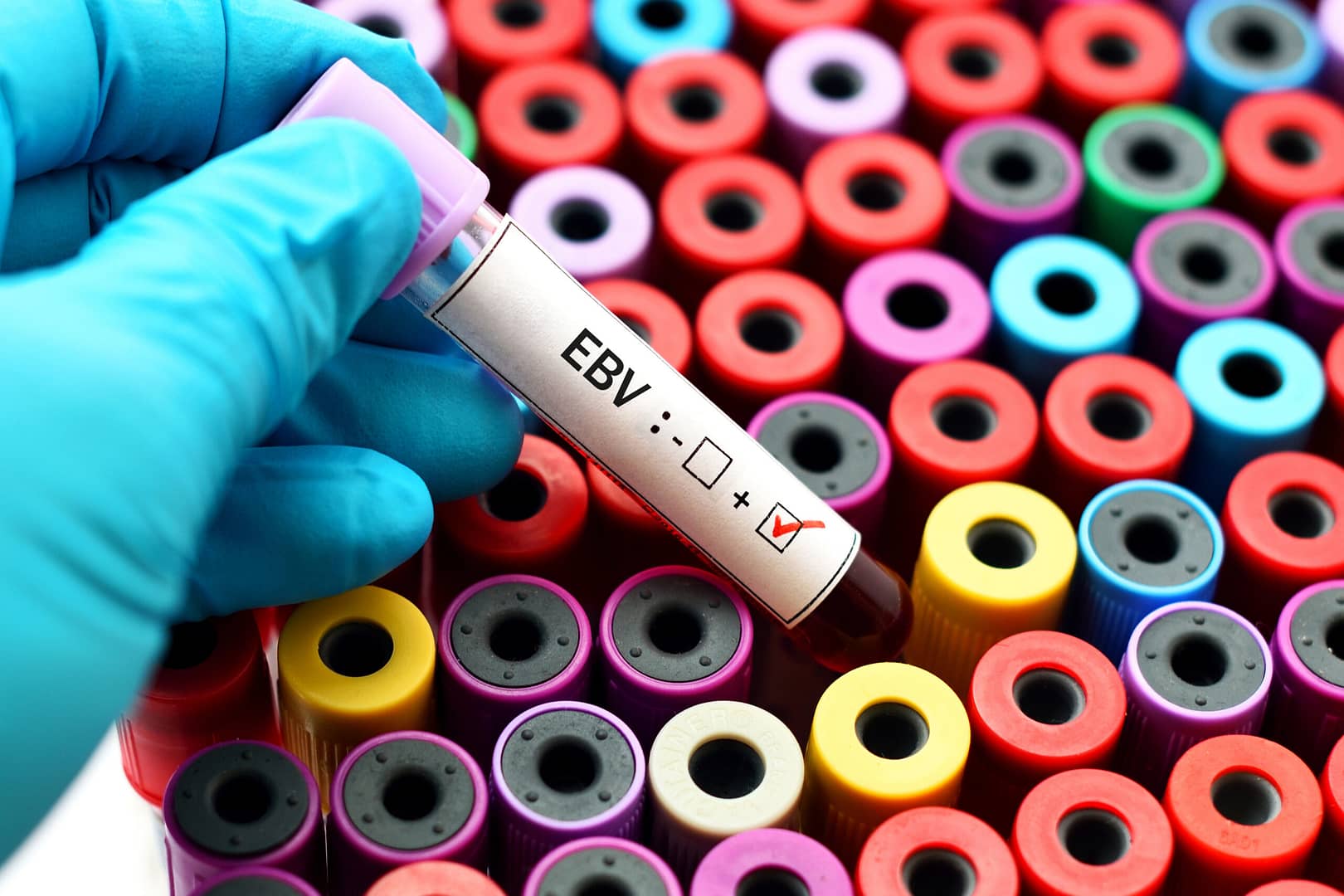There has been a lot said about methylation in healthcare blogs in the past few years and for good reason. Methylation is arguably the most important metabolic process in our human body. For many of us, it is not going as it should. Let me explain.
Many of our most important molecules will not behave normally if they lack the addition of a methyl group.
A methyl group is a portion of a molecule made of four atoms-one carbon atom and 3 hydrogen atoms abbreviated -CH3.
We have over 100 different enzymes in our body dedicated to moving a methyl group to where it is needed. These enzymes are known as Methyl Tranferase enzymes. Methyl groups are necessary to signal when a DNA gene will be expressed (turned on) or not expressed (turned off). A methyl group is required to make some of the most important molecules in our bodies like serotonin, dopamine, epinephrine, serine, methionine, choline, creatine, and melatonin. Our body uses methyl groups in the process of removing undesirable substances like histamine and other toxins.
 Balanced methylation is critical for normal brain function and mood (neurotransmitter balance), removal of toxic chemicals (detox), normal immune function, normal hormone balance, normal cell division, and normal energy metabolism. In short just about all of our critical body functions depend on normal and balanced methylation occurring each and every second of our lives. Disorder of methylation plays a role in many chronic disease states including autism, autoimmune disease, chronic fatigue syndrome, hormone imbalance and deficiency, anxiety, depression, insomnia, migraine, heart disease, Alzheimer’s, immune deficiency, allergy, infertility, and weight gain just to name a few. In fact, methylation is so important that a website is dedicated to a more thorough understanding of this important process and the disorders associated with it.
Balanced methylation is critical for normal brain function and mood (neurotransmitter balance), removal of toxic chemicals (detox), normal immune function, normal hormone balance, normal cell division, and normal energy metabolism. In short just about all of our critical body functions depend on normal and balanced methylation occurring each and every second of our lives. Disorder of methylation plays a role in many chronic disease states including autism, autoimmune disease, chronic fatigue syndrome, hormone imbalance and deficiency, anxiety, depression, insomnia, migraine, heart disease, Alzheimer’s, immune deficiency, allergy, infertility, and weight gain just to name a few. In fact, methylation is so important that a website is dedicated to a more thorough understanding of this important process and the disorders associated with it.
S-Adenosyl Methionine (also known as SAM-e) provides the methyl groups needed for these methyl transfer steps. In fact SAM-e is the second most commonly used chemical substance in our bodies after Adenosine TriPhosphate (ATP) which is number one. Our body must constantly regenerate SAM-e in a cycle known as the Methionine Cycle.
The cycle to regenerate SAM-e which is needed for billions of reactions in our cells every second requires the cofactors vitamin B12 and Folate to proceed normally. The cycle needs a special form of B12 and a special form of Folate if it is to occur normally.
The form of Vitamin B12 which the body uses to regenerate SAM-e is called MethylCobalamine (sometimes called MethylB12 for short). Other forms of B12 must first be converted to MethylCobalamine before methylation can proceed.
The form of Folate needed by the body to regenerate SAM-e is called by several different names but a common name is L-5-MethylTetraHydroFolate (often abbreviate MTHF for short). This active form of Folate is formed by an enzyme known as MethyleneTetraHydroFolate Reductase (often abbreviated MTHFR). This enzyme and the DNA genes which code for its formation in the body are the subject of much attention and some controversy. This is due to the fact that gene variants or pre-existing mutations are very common in the population and result in a slower rate of formation of MTHF (active folate). The best-known gene variant which is quite common is the variant known as MTHFR C677T. In some human populations, it can occur in over 40% of individuals. You can see that methylation imbalance is quite common.
Depending on the availability of MethylB12 and MTHF in our cells the formation of SAM-e may be going too fast (a condition sometimes referred to as OverMethylation) or too slow (UnderMethylation). Either condition is associated with observable symptoms and signs. Methylation like in Goldilocks and the three bears is best when it is neither too fast nor too slow but “just right”.
The form of Folate known as Folic acid refers to a synthetic (manmade) form that is not useful to the cell unless it is converted to the active form. Synthetic Folic acid is an additive in many foods and vitamins. For individuals who lack the ability to convert synthetic folic acid to the active form properly, folic acid can be a liability and may block the function of the active form. There is currently a movement to eliminate the addition of synthetic folic acid for this reason.
We know that over half of the SAM-e generated in the Methionine Cycle goes to the formation of two molecules- choline and creatine. Since so much of our SAM-e is used up making these two vital molecules, it makes sense that providing choline and creatine can free up SAM-e for other important methylation steps.
Methylation is a very important piece of our metabolic puzzle and plays a critical role in our normal physiology. Methylation plays a key role in normal aging, health maintenance, and recovery from disease. Learning to optimize your methylation process appears to be important in achieving true health, sustained wellness, and long life.
About Wally Taylor MD
Wally Taylor MD
Dr. Taylor practices integrative medicine at Forum Health Austin in Austin, Texas. After obtaining a general medical doctorate degree from the University of Texas Southwestern Medical School in Dallas he completed a general medical internship and residency training in head and neck surgery ENT and allergy. After 20 years of service in the US Army Medical Corps and practice in Colorado and Texas, he founded Texas Integrative Forum Health Austin where he now offers a functional holistic approach to disease which treats the entire individual instead of each separate symptom. He has found more satisfying results using this Systems BioIndividualized approach.
His motto is “Health and Wellness from Head to Toe”.









